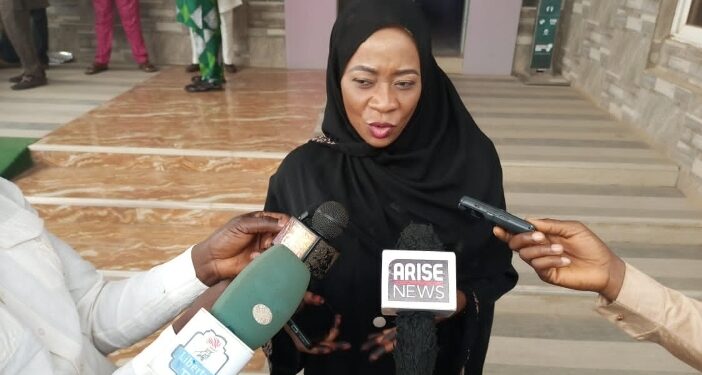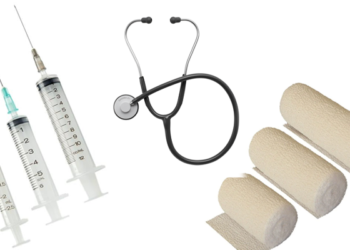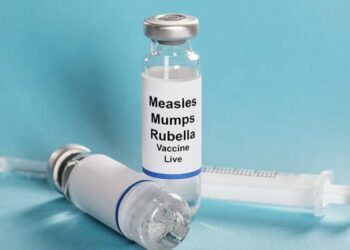By Amina Samuel, Kaduna
In Northwest Nigeria, the cancer crisis demands immediate attention. Founder of the Hassy’s Haven Foundation, Husseina Mohammed Yakubu, urges affluent individuals to join the battle against cancer in the nation.
Meta Description: Join the fight against cancer in Nigeria’s Northwest region. Discover how Hassy’s Haven Foundation is spearheading awareness and treatment initiatives to combat this deadly disease.
Unveiling Hassy’s Haven Foundation
Husseina Mohammed Yakubu, founder of Hassy’s Haven Foundation, issues a clarion call to address Nigeria’s escalating cancer crisis. With the National Cancer Control Plan highlighting 72,000 annual deaths attributed to cancer, urgent intervention is imperative.
A Personal Tragedy Ignites Action
Reflecting on the loss of Miss Hassana Mohammed Yakubu to cancer, Hassy’s Haven Foundation emerges as a beacon of hope.
Their mission, unveiled at Butterfly Hotel, Kaduna, seeks to raise awareness and extend vital support services.
Tragically, the disparity between cancer patients and available treatment centres persists, particularly in Northwest Nigeria. Financial constraints exacerbate the plight, rendering essential treatment inaccessible to many.
Hassy’s Haven Foundation implores governmental action, urging the declaration of a state of emergency on cancer. Drawing parallels to past successes in combating HIV/AIDS, they advocate for prioritised funding and resource allocation.
Acknowledging the burden on Northwest states, including Kaduna, Kano, and Katsina, collaborative efforts are essential.
Equipping secondary and tertiary hospitals with cancer treatment facilities is paramount to alleviate suffering and reduce travel burdens.
National and state authorities must spearhead aggressive cancer awareness campaigns. Activation of agencies like the National Orientation Agency is crucial in educating Nigerians on prevention and early detection strategies.
Early detection remains pivotal in combating cancer. Hassy’s Haven Foundation stresses the importance of timely diagnosis, particularly for cancers affecting women, men, and children.
To sustain their vital initiatives, Hassy’s Haven Foundation calls upon the generosity of well-to-do individuals and organisations. Together, they aspire to alleviate the burdens faced by cancer patients across Nigeria.
The success of Hassy’s Haven Foundation’s launch signifies a collective commitment to combating cancer. Government officials, community leaders, and stakeholders have rallied behind the cause, underscoring the urgency of addressing Nigeria’s cancer crisis.
With resolve and solidarity, Hassy’s Haven Foundation stands as a beacon of hope in the fight against cancer, steadfast in their mission to alleviate suffering and save lives.











